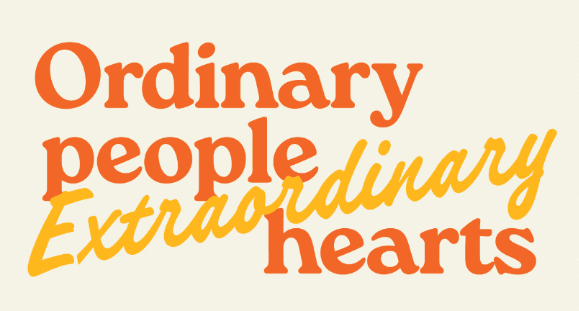Trauma Informed Care
Some experiences change the way a person sees the world - and the kind of support they need. Trauma Informed Care is about recognising this and doing things differently, with more care, more patience, and a whole lot more understanding.
We know it’s not just about being kind. It’s about knowing what trauma actually does to a person’s daily life — and how to show up in a way that helps. We’re here to walk alongside you, not just work around you.
Support Workers With The Right Skills Make The Difference

It’s Not Just About Qualifications — It’s About Mindset
When someone’s been through trauma or is managing complex mental health needs, the role of a support worker changes. It’s about noticing, adapting, and gently building trust over time.
We match people with workers who genuinely get it. The kind of people who aren’t shaken by big emotions or tough days. People who know how to hold space, not just make space.
Trauma Requires A Different Kind Of Care
You can’t always see trauma. It might show up in anxiety, shutdowns, flashbacks, or resistance to help. That’s why trauma-informed support needs more than just a good attitude — it takes emotional intelligence, consistency, and calm.
Our workers are chosen for their ability to stay steady in the storm and see the person underneath the reaction.
Mental Vs Physical Disability - Different Needs, Different Support
Physical Disabilities Often Need Practical Help
Mobility, transfers, personal care — these are often more visible, and the support might be more hands-on and routine. It’s important work, but the emotional complexity may not be as intense.
Mental Health Needs Are More About Emotional Safety
People living with mental illness or trauma might need less physical help and more emotional safety. The cues are subtle. The care is slower. It’s about respect, boundaries, and making sure the person feels safe and seen.
And when someone has both mental and physical health needs, it takes a worker who can manage both worlds at once — confidently and gently.
We Match You With The Right Support
We take the time to understand what you’ve been through and what you actually need from a support worker.
Some people need consistency. Some need calm. Some need someone who’ll quietly sit beside them without pressure to talk. We get to know you first, and build support from there.
We Put Ourselves In Your Shoes
We ask ourselves: If this was my sister, my brother, my parent… what would I want for them? That’s the level of care we aim for. Not surface-level support. Real, grounded, thoughtful care that respects what you’ve been through.
Inspiration From The Work Of The Australian Childhood Trauma Foundation
We stay curious and open to learning — especially from people doing powerful work in the trauma space. One organisation we deeply respect is the Australian Childhood Trauma Foundation.
How We See People Shapes How We Support Them
According to the Foundation, the way our brain ‘places’ someone in our mental world affects how we treat them. If we see someone as difficult or disconnected, our response often follows that.
If we can shift how we hold someone in our mind — with more compassion, curiosity, and empathy — everything starts to change.
What Is “PACE” And Why Does It Work?
PACE stands for Playfulness, Acceptance, Curiosity, and Empathy. This approach helps children and families feel safe enough to be seen and heard. It’s not about fixing behaviour — it’s about building connection.


Want to be more informed?
Get FREE updates and resources.

